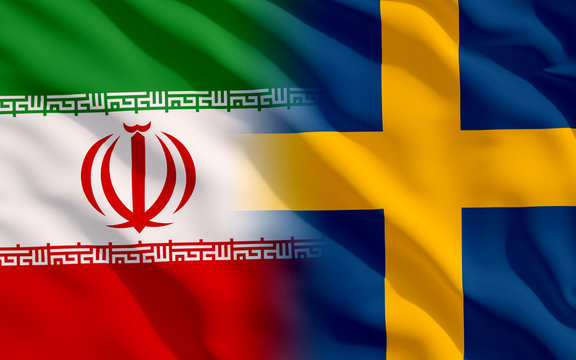Seeking leverage in Sweden’s war crimes trial of a former Iranian official, Iran’s authorities have detained another Swedish citizen.
The Swedish Foreign Ministry announced the detention on Friday: “We are aware that a Swedish citizen, a man in his 30s, has recently been detained in Iran. The embassy in Tehran is seeking information on the case and is in contact with local authorities.”
Days earlier, the Ministry advised Swedes against unnecessary travel to Iran because of the possibility of political imprisonment.
The Swedish daily Aftonbladet, citing unnamed sources, said the man is a tourist traveling with other Swedes. He was detained after a few days inside Iran.
Iranian officials did not comment, but a “senior political source” in Tehran confirmed the detention to Amwaj.media.
ON Wednesday, testimony concluded in the trial of former Iranian judiciary official Hamid Nouri, charged with involvement in the executions of thousands of political prisoners in 1988. The verdict is due on July 14.
At the same time, Iranian authorities reportedly threatened to execute Swedish-Iranian scientist Ahmadreza Djalali, who was seized in 2016 as he attended an academic conference in Tehran.
The semi-official news agency ISNA posted on Wednesday that Djalali will be put to death on May 21.
See also Iran Again Threatens to Execute Swedish-Iranian Scientist Djalali


[Editor’s note: In the mass executions of 1988, Iranian authorities also killed prisoners who were not member of the Mojahedin-e Khalq Organization (MEK).]
“On Wednesday, testimony concluded in the trial of former Iranian judiciary official Hamid Nouri, charged with involvement in the executions of thousands of political prisoners in 1988”
Iran did, from 1981 to 1988, execute thousands of MEK members – responsible for murdering 12,000 Iranian citizens – and those from other terrorist groups. None met the definition of a “prisoner of conscience”. The MEK members were not just guilty of violence but also of the treason of supporting Saddam Hussein.
[Editor’s Note: There were also numerous political prisoners, with no affiliation to a “terrorist” group, among the 1000s of detainees executed in Iran in 1988.
As Grand Ayatollah Montazeri, the heir apparent to Supreme Leader Ayatollah Khomeini, told the Tehran Committee, “I believe that the biggest crime in the history of the Islamic Republic, which will be condemned by history, happened by your hands.”]
The editor is correct. Members of other terror groups – Fedayeen, Komalah. KDP etc – were executed in 1988 but were by far the minority.
The death penalty is permitted in international law for “serious crimes” that include treason and terrorism.